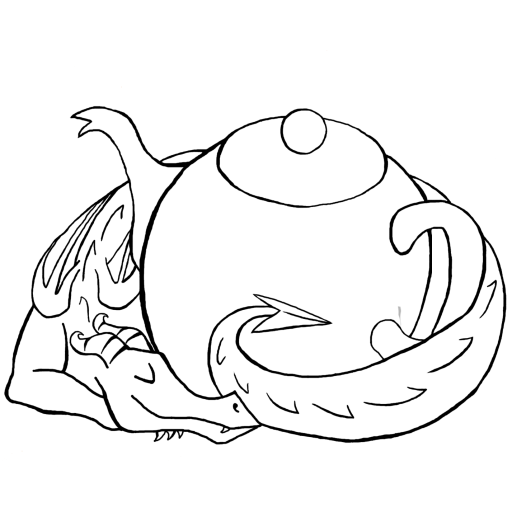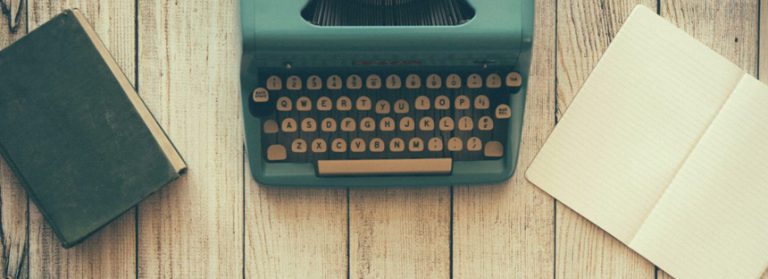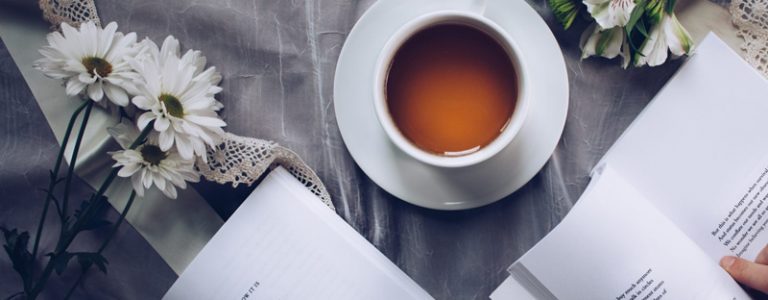How Do I Know If I’m a Writer?
There’s a saying, ‘everyone has a book in them’. I’m not sure how true it is. It’s one of those things that people say to you when they find out you like to write. Another common one is ‘it’s not difficult, anyone can be a writer’. That one is definitely not true, it’s not easy and not everyone can be a writer.
If you’re anything like me, you’ve had your doubts. There was a period of my life where I kept my love for writing under wraps. My parents were supportive but my other adults around me were less enthusiastic for different reasons and I was fool enough to take it to heart. Later, realising that I’d come back to the one thing I’ve always loved, I began to wonder whether I was a writer or just someone whose hobby was putting words together. Here are a few reasons why I doubted my claim to the title Writer:
- I‘m not published
- I’ve not finished many books
- My mental health is fine (I’m not a tortured soul)
- I’ve never taken a writing class in my life
- I’m all but self-taught (and mostly through reading)
- My writing is terrible
- I’ll never be published
The last two aren’t necessarily true but that doesn’t prevent us thinking them. But it begs the question: What makes a writer? And how do I know if I am one?
I LOVE STORIES
The love of storytelling is a good start. I remember one balmy summer in Norfolk when we were visiting my grandparents. We’d gone to Gressenhall Farm and Workhouse for a day out and there in the dusk and dimness of the barn, an old man perched on a bale of hay telling stories end to end in his thick accent. He told jokes, folklore, history, and tales of his own but through the broad Norfolk vowels, he held us captivated.
Someone who doesn’t care for stories, won’t make too good a writer since so much of what we write, fiction and non-fiction, is story. One is more true than the other but both are based on story. Writers are the communicators of truth, wrapped in the more palatable garb of storytelling. Understanding the power of the tale and loving the art of communicating them is an important element of being a writer. But it is not enough to make you one.
I HAVE LOTS OF IDEAS
A brief word of advice to writers: get yourself a paper notebook that you can trail around with you and a note-taking app for your phone in case you lose or forget the paper one (I favour Evernote myself).
Having plenty of ideas is wonderful. I find that my own come in fits and bursts, and often at the most inconvenient times. They can be coaxed and encouraged though. Some of us have a constant tide of ideas but whether you do or not, cultivating a discipline of coming up with things is wise for the writer that wants to get work done consistently. Having a constant flow of ideas is helpful to a writer, under control, it can help productivity on days when we would otherwise be stuck.
In reality, ideas are more of a muscle than a muse. Rather than waiting for them to drop into our heads, we must learn to draw them from everything around us and the more we practice, the easier (and more annoying) it gets. Lots of ideas for stories kicking around your brain are immensely useful to the writer and show a bias towards storytelling which is great for fiction writers in particular.
But your wealth of imagination, useful though it is, does not make you a writer.
I LOVE TO READ
You’ve probably come across the maxim ‘good writers are good readers’ and it’s not untrue. Where better to learn how to write than from the masters?
As I said before, up until early last year, I was very much a self-taught writer and the majority of my learning was assimilated through my childhood habit of eating books. There were things I knew instinctively about language, word choice, sentence structure, character development, and story structure from the sheer volume I had consumed over the years. I didn’t know what the Pinch Points or Denouement were and I could make a fumbling guess at what a character arc might be but terms like protagonist, antagonist, anaphora, beats, or widows and orphans were beyond me. They were intuitive in my writing, but I could not have told you their names or why they did what they did.
Reading is like a practical lesson for the writer, shadowing a professional and seeing what they do and how they do it. Loving to read gives you a good feel for your craft and can help you grow but there are plenty of people out there love to read but are far from being writers. The risk is that readers have read so much, they believe that it must be easy to create a good book — plenty people have done it. This is not the case and the writer of all people knows it.
Loving to read is a healthy trait in a writer but, even combined with the other elements I mentioned, it does not make you a writer.
I LOVE TO WRITE
Like any job, it helps to be something you’re passionate about, or at least enjoy doing. Despite blood, tears, and twitter rants, most writers love to write. If we didn’t, we’d have given up long before now. Everyone has down days, days that feel like crawling through mud while monkeys fling rotten fruit at you, but if you love what you do, it helps you persevere on those days. Loving to write is an obvious asset to a writer but, once more, even combined with all or some of the above mentioned traits, it does not make you a writer just because you love it.
I. . . WRITE STUFF
Having lots of ideas, loving stories, and loving to read and write, though useful, do not make a writer of a person. In truth, a writer is someone who has the discipline to sit down and put the words on paper. Their love of storytelling and bountiful ideas are no use if those ideas and stories never emerge from their heads. In the same way, loving to write is no good unless you sit down and write. Pretty Pinterest boards, an inspiring Instagram feeds, and Tumblr-inspired story snippets are not what make you a writer. Let’s look at the list I made earlier:
I’m not published. You don’t have to be published to call yourself a writer, you just have to write. I wouldn’t call myself an author until I had a book published but given the amount of words I knock out on a regular basis, I’m definitely a writer. If you’re writing regularly and working at improving, you’re entitled to call yourself a writer whether you’re published yet or not.
I’ve not finished many books. Everyone starts somewhere, as long as you are putting words on the page, you are a writer. Often there are a trail of abandoned manuscripts before one is finally finished. It’s all practice.
My mental health is fine. You don’t have to be a Hemingway-style tortured soul to be a writer. Though mental health is a big conversation in some writing circles, and although there are writers out there who have had exciting or troubled lives, it’s not compulsory.
I’ve never taken a writing class in my life. Useful though they can be, they can also be overrated. Much like art school, you must beware of the risks of going in and losing all originality in favour of being ‘artistic’ (read, so pretentious, people call you clever because they don’t understand you).
The important thing is the actual writing, that’s how you learn best, but if you want a taste of a good writing course, some of Brandon Sanderson’s lectures at BYU are available on Youtube. They’re worth a listen.
My writing is terrible. Even Neil Gaiman says this halfway through his first draft. But you are writing which means you will improve. It is important to remember that editing is your friend, no first draft is a good draft but you can’t edit a blank page. I’ll never be published. Well, we’ll see about that. In the end, published or not, if you’re writing and creating stories then you’re a writer.
SO, DEAR WRITER. . .
When fears and doubts assail you, remember, don’t look around at what other people are doing and saying. Don’t be intimidated by the well-organised social media accounts and the pictures of laptops open on glistening beaches tagged with ‘#amwriting’, ‘#writerslife’, and worst of all ‘#writerproblems’. Retreat to your embarrassingly messy desk (because you’re busy, you don’t have time to rearrange your pencils all the time) with your not-very-writerly strawberry milkshake (because not everyone drinks coffee) and add more words to whatever you are working on.
Then tomorrow, add some more, and the same the day after that. That’s what it is to be a writer.
YOUR TURN
- What kind of doubts have you had about being a writer?
- What do you see or hear from writers that makes you feel like you aren’t quite on a par with them?







